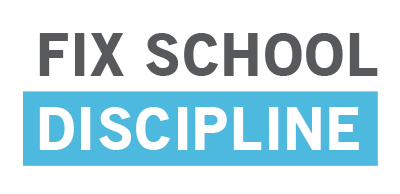How an LA High School Is Leading the Charge for Positive Behavior
The walls at Theodore Roosevelt High School in Boyle Heights are painted with bright-red reminders of the future president and his famous charge up San Juan Hill.
Now students and educators there are leading a new charge: for positive behavior support.
The 90-year-old school is set to become a pioneer as it prepares to adopt a school-wide positive behavior support policy with support from teachers, principals and students.
The Los Angeles Times said the new policy “emphasizes rewards for students who meet the expectations as a more effective way to transform behavior than harsh punishments. And building the expectations into the entire school culture is also seen as more effective than working with individual students.” (“Roosevelt High looks for alternatives to student suspensions,” June 7, 2012)
Educators said that strictly punitive approaches weren’t working.
“Not only does harsh discipline affect attendance in the obvious way, like suspensions and excluding students from class, but also I think it pushes students away and makes them not want to come to school,” said Principal Ben Gertner.
He said positive behavior support is something “will make them want to be in school, make them want to be in class, make them want to try their best, make them want to behave in a way that’s respectful to the community as well.”
Student-organizers working with the Community Rights Campaign, Inner City Struggle, and Youth Justice Coalition have helped expose the problems with harsh behavior rules. UCLA researchers also assisted students in a 900-person survey that helped show the need for a new behavior policy..
Los Angeles Unified School District mandated positive behavior support as a district-wide policy in 2007, but schools have been slow to adopt it,
One teacher said what he needed most was to know what resources were available for students who struggle with behavior — and feedback from others to “hold them acocuntable for the progress that they’ve made and also take pride in that,” said AP English teacher Gene Dean. “I’m going to care enough to want to help the kid when he comes back” to the classroom.
“These are kids — they just need to be given appropriate boundaries,” said Alice Im, who has taught at Rosevelt for six years. “We as adults have the other responsibility which is to meet them halfway.”

